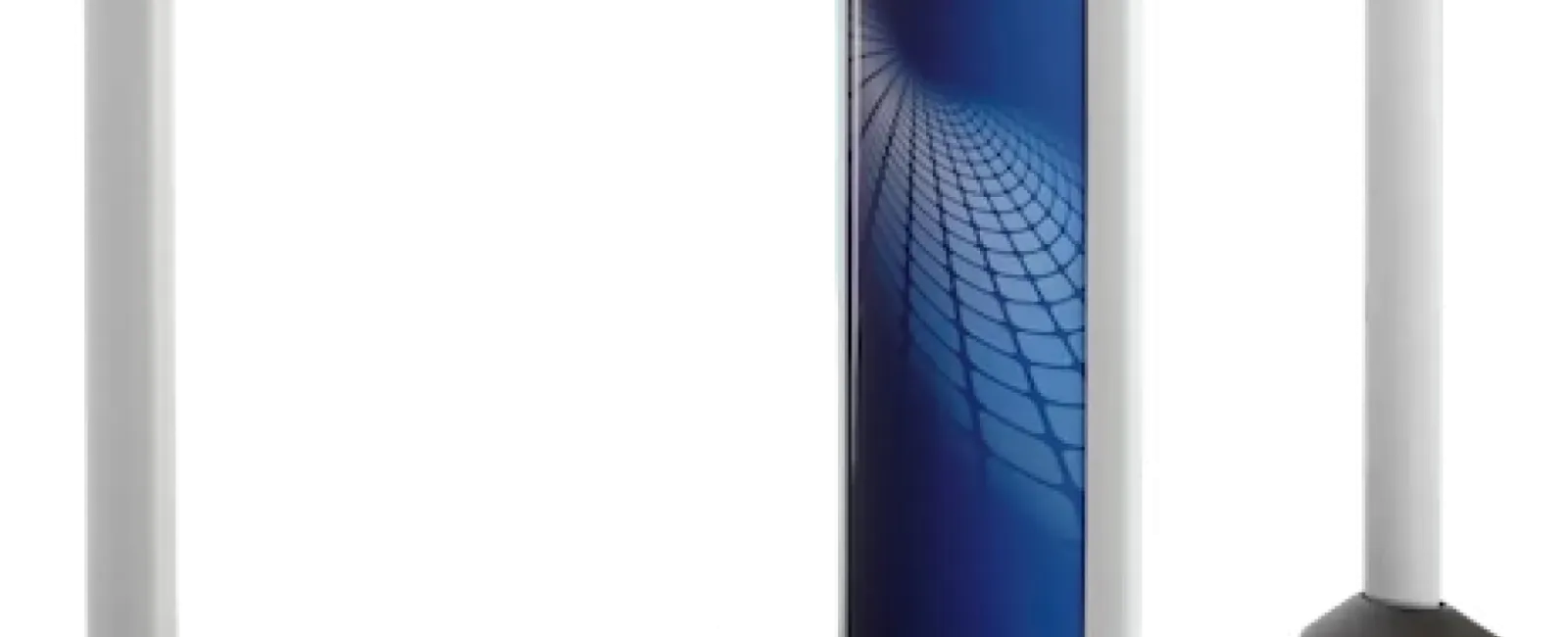If you've ever wondered if aluminum sets off a metal detector, the short answer is yes: aluminum can be detected by most modern security screening systems. However, the sensitivity and type of metal detector being used determine how easily aluminum items will trigger an alert. Whether it's aluminum foil in your bag at the airport, a soda can in your backpack at a concert, or aluminum parts in electronics entering a secure facility, understanding how detectors work helps explain why certain items may or may not get flagged.
At iS3, we specialize in advanced access control and security systems, so questions like do metal detectors detect aluminum are central to how we design solutions for organizations requiring strict entry protocols. Let's break this down in detail, with examples you can relate to in everyday life.
How Metal Detectors Work With Aluminum
The science behind whether aluminum triggers a metal detector comes down to its conductivity. Unlike ferrous metals such as iron or steel, aluminum is non-ferromagnetic, which means it doesn't create a strong magnetic field. That said, aluminum is a very good electrical conductor. When an object made of aluminum passes through a metal detector, the detector senses the change in the electromagnetic field and issues a response.
Imagine walking through an airport scanner with a soda can in your carry-on. Even though aluminum is lightweight and non-magnetic, the can is large enough to trigger the detector. On the other hand, a thin sheet of aluminum foil crumpled up in your pocket may or may not set it off, depending on the detector's sensitivity.
Why Detector Sensitivity Matters
Some high-security walkthrough systems are calibrated to detect even trace amounts of non-ferrous metals like aluminum. Others, such as hand-held wands, may only pick up larger or denser aluminum objects.
In corporate and industrial settings, where iS3 provides technology from trusted manufacturers like Avigilon, Openpath, and Evolv, detectors can be fine-tuned to meet specific risk levels. For example, a government building may want to catch even small aluminum components hidden inside devices, while a stadium may set sensitivity to balance security with speed for large crowds.
Everyday Examples of Aluminum and Metal Detection
To make this clearer, here are some everyday scenarios where aluminum may or may not set off a metal detector:
Airports: A roll of aluminum foil or aluminum-packed electronics almost always trigger an alarm. Security relies heavily on advanced scanners calibrated to catch even non-ferrous metals.
Events & Venues: Bringing a canned drink into a stadium is a common example. The aluminum can is dense enough that most detectors will pick it up instantly.
Workplaces: Industrial facilities that use aluminum tools or parts often run them through detection points. Depending on sensitivity, detectors may flag even small components.
So if you're asking, will aluminum set off a metal detector when you're going through security, the safe bet is to assume yes. The only variable is how sensitive the equipment is and how much aluminum you're carrying.
Why Understanding Aluminum Detection Matters
At first glance, wondering whether metal detectors detect aluminum may seem like a simple curiosity. However, for businesses, event organizers, and government facilities, the answer carries serious implications. Aluminum is used in countless everyday items, from drink cans and foil to laptop components and weapon parts. If detectors aren't calibrated properly, individuals could potentially smuggle aluminum-based objects into secured areas.
Security Risks of Aluminum Objects
Unlike steel or iron, aluminum won't trigger old, low-sensitivity detectors as easily. This creates opportunities for individuals to bypass security with aluminum-based blades, improvised devices, or disguised items. In high-security environments like courthouses or data centers, that risk cannot be ignored.
That's why iS3 partners with leading manufacturers to implement systems that detect a full range of metallic and non-metallic threats. By leveraging next-generation sensors and AI-powered detection, facilities can ensure aluminum, regardless of form, won't slip past unnoticed.
Advanced Metal Detection Solutions From iS3
So, back to the main question: Does aluminum set off a metal detector? Absolutely, but only if the technology is designed and calibrated correctly. With the right solution, even a thin piece of aluminum foil can be detected reliably.
At iS3, we provide commercial clients across industries with detection systems built to keep up with evolving threats.
Summary: Will Aluminum Set Off a Metal Detector?
To summarize, aluminum does set off metal detectors, though the likelihood depends on the detector type, its sensitivity, and the size of the aluminum object. Airports and high-security venues almost always calibrate their systems to detect aluminum, while smaller venues or outdated detectors may miss minor amounts.
Secure Your Facility With iS3
Metal detection technology is evolving quickly, and so are the threats. Whether it's aluminum, steel, or composite weapons, you need a system that doesn't leave blind spots. Contact us at iS3 today to learn how we can help secure your building with industry-leading detection systems.
